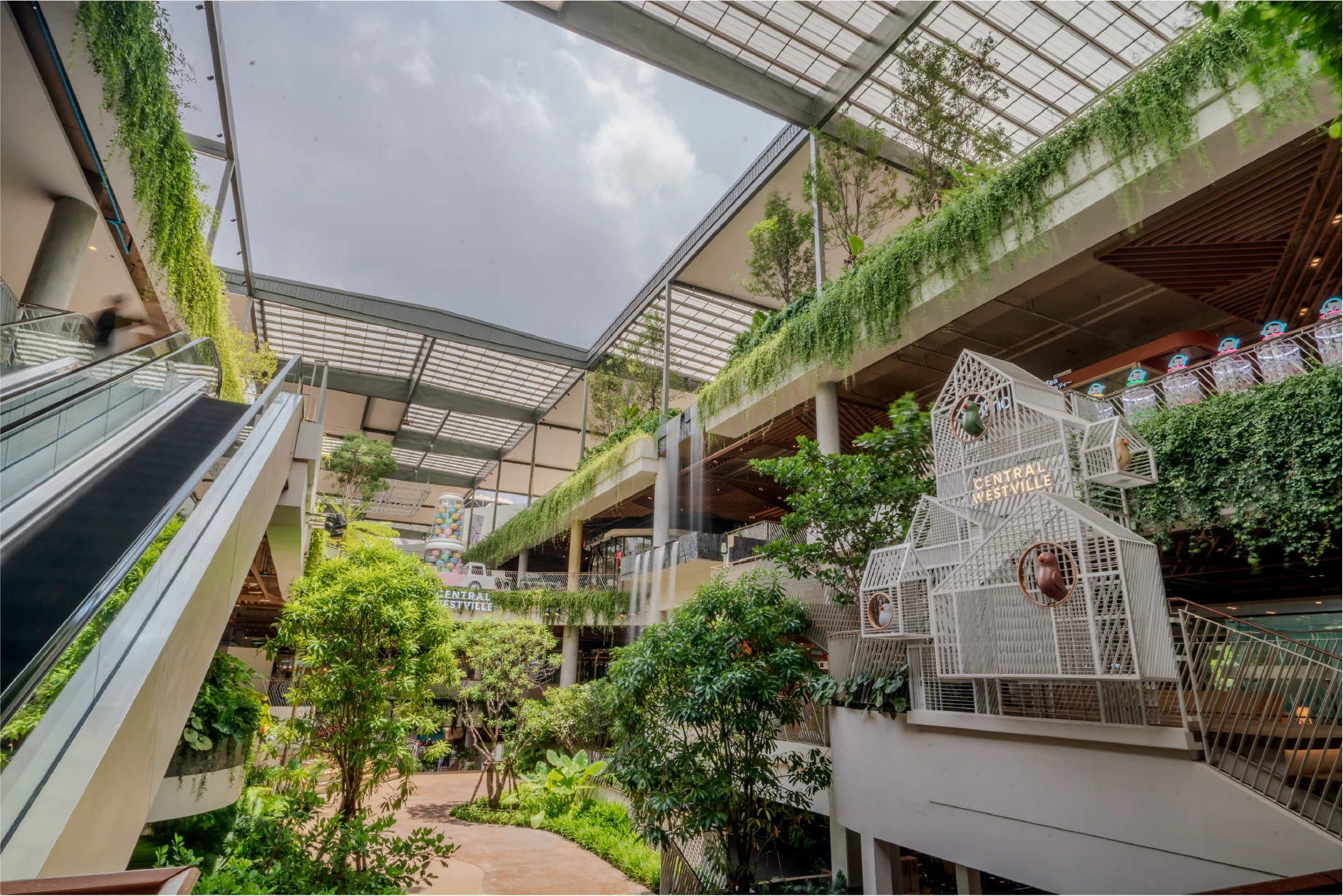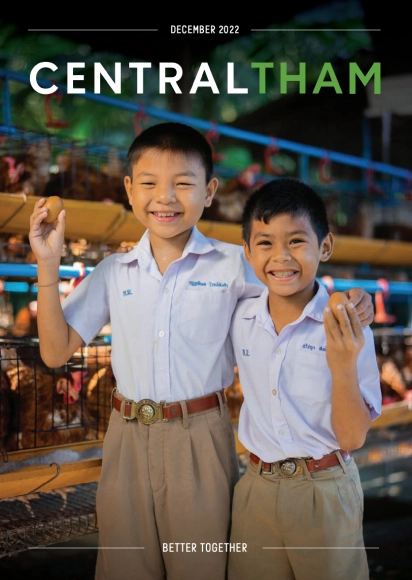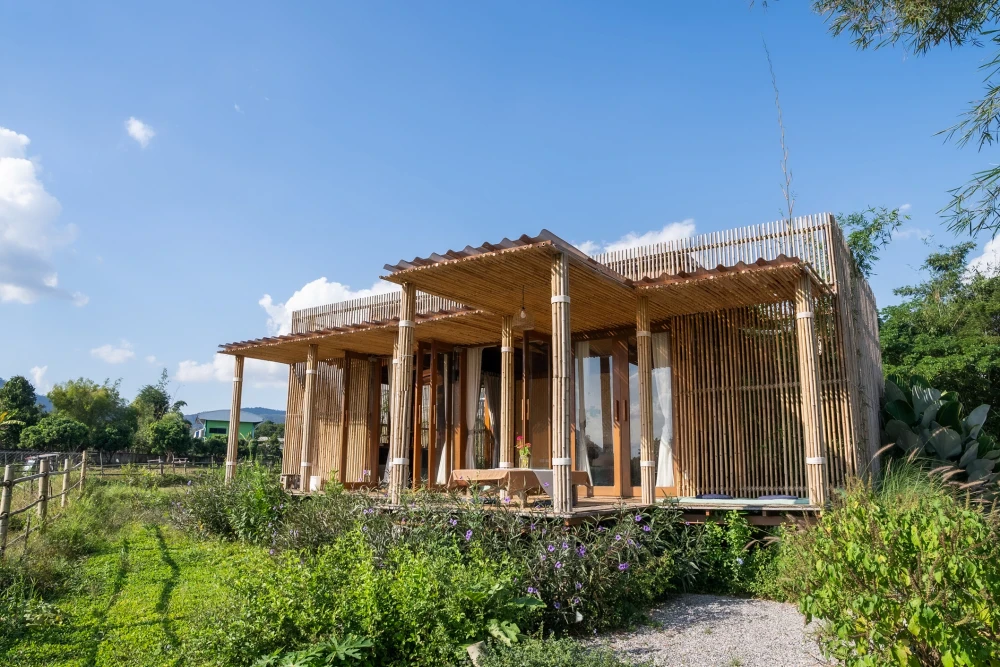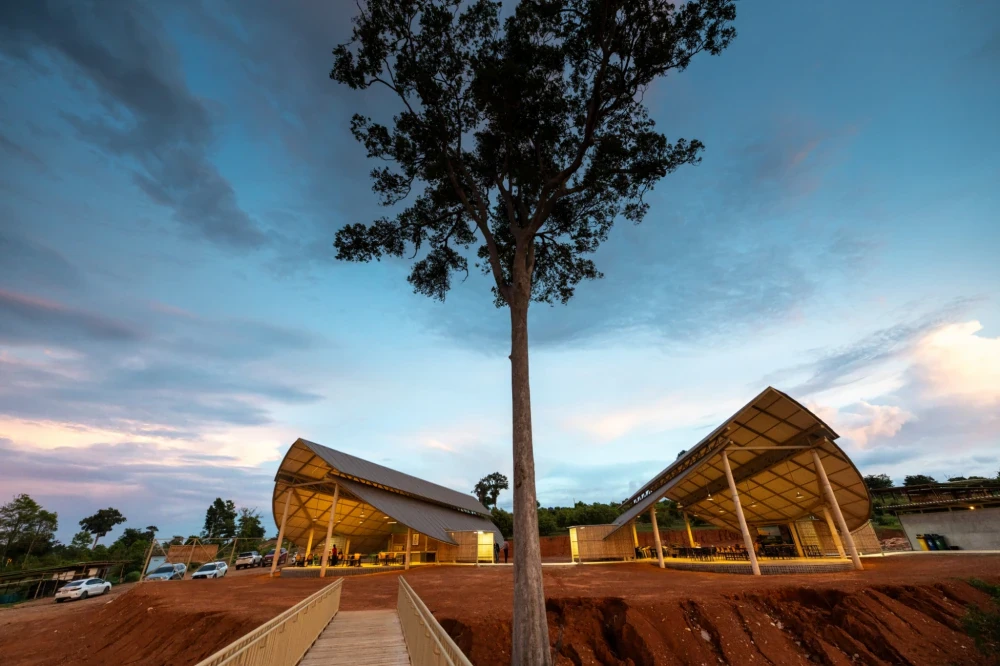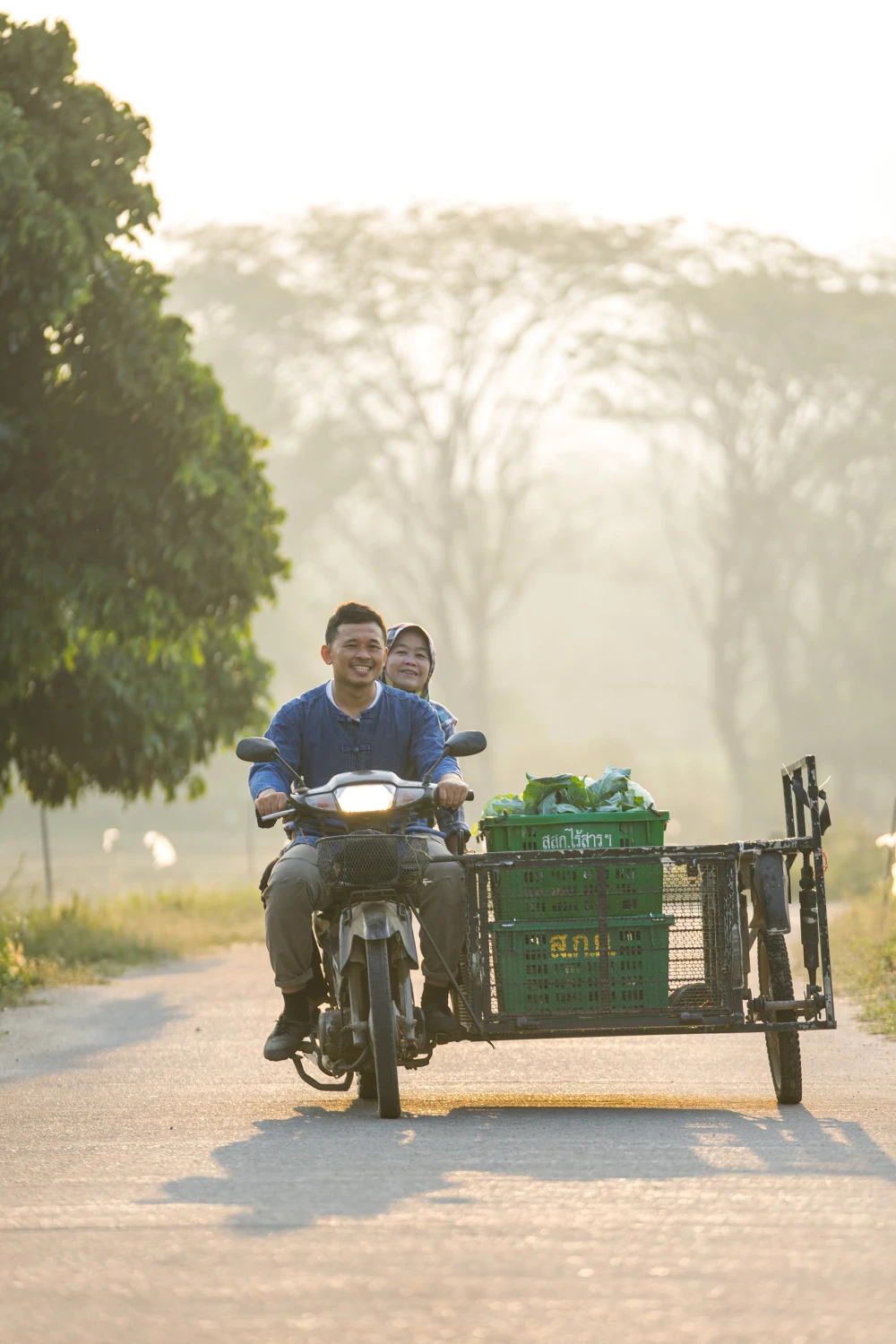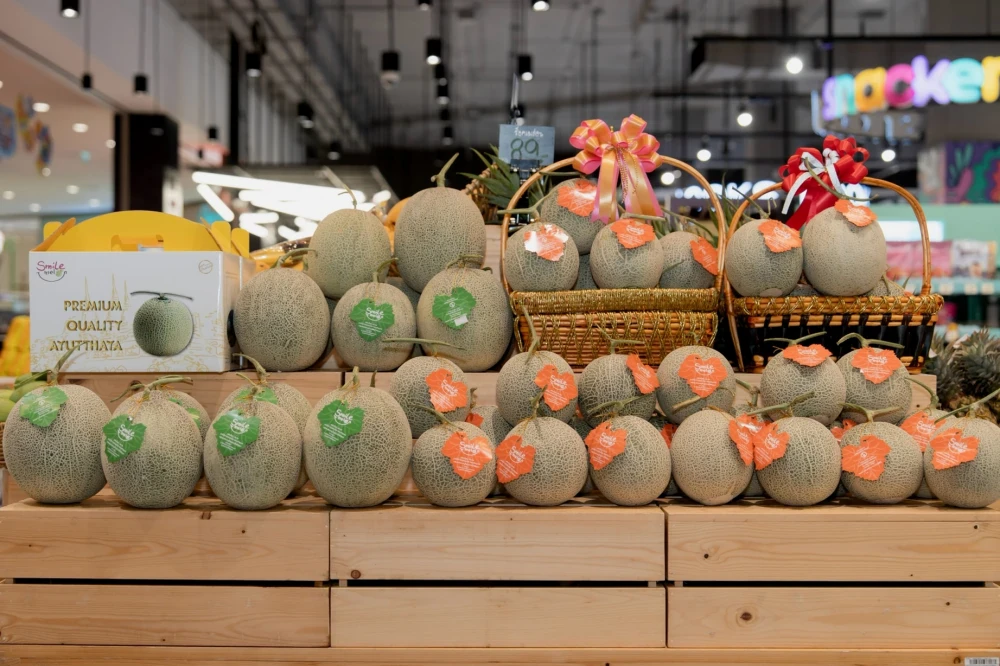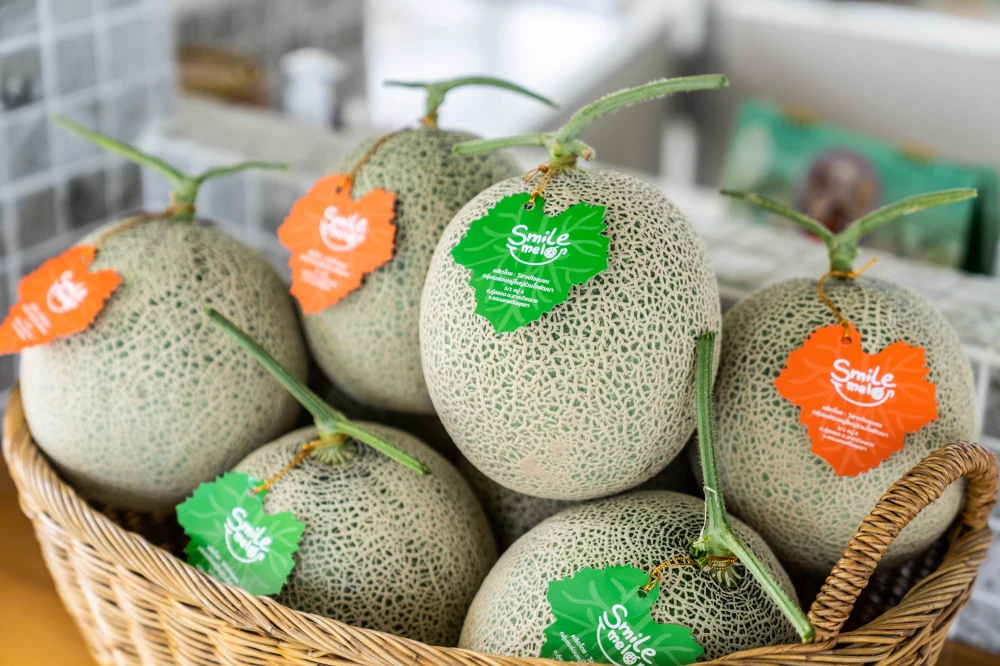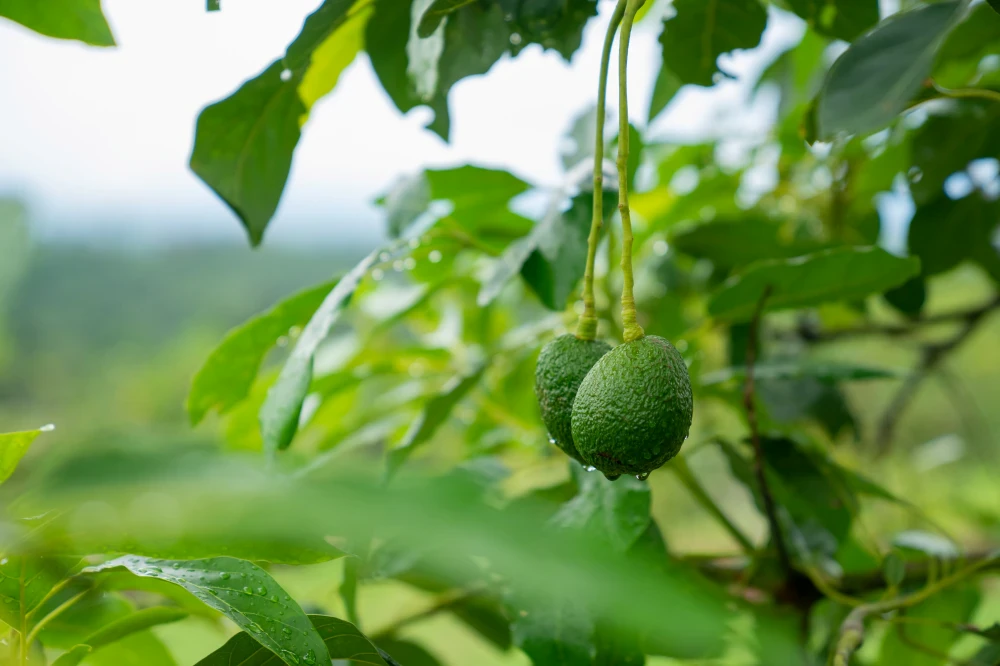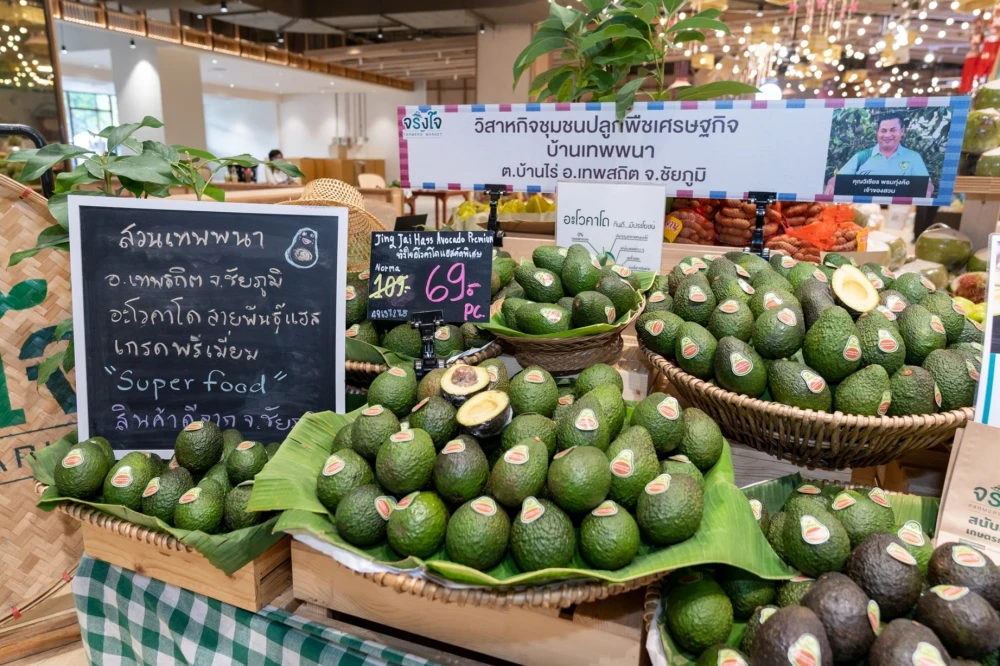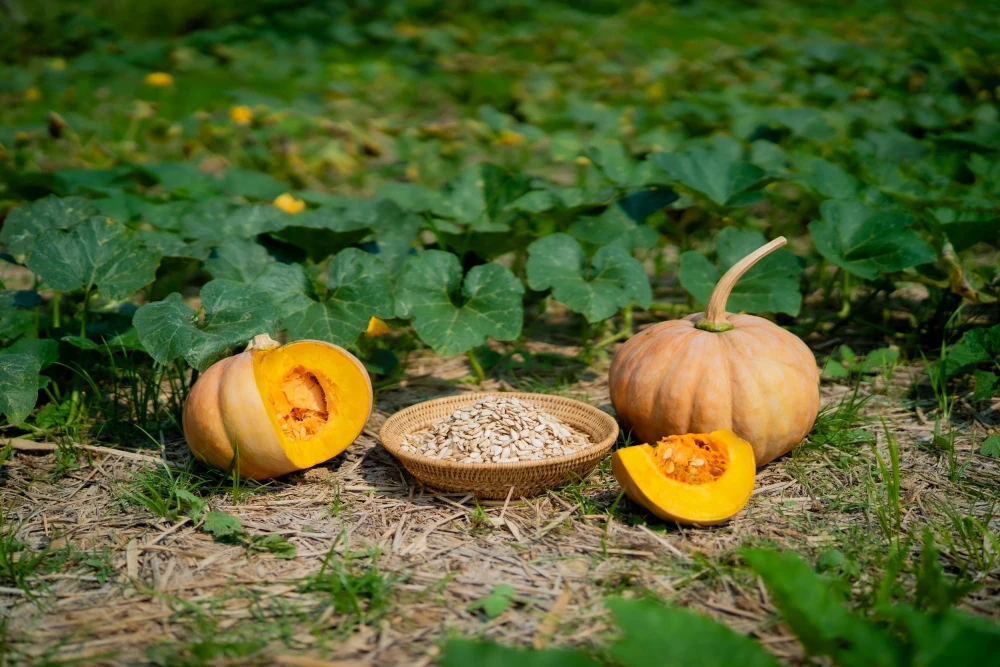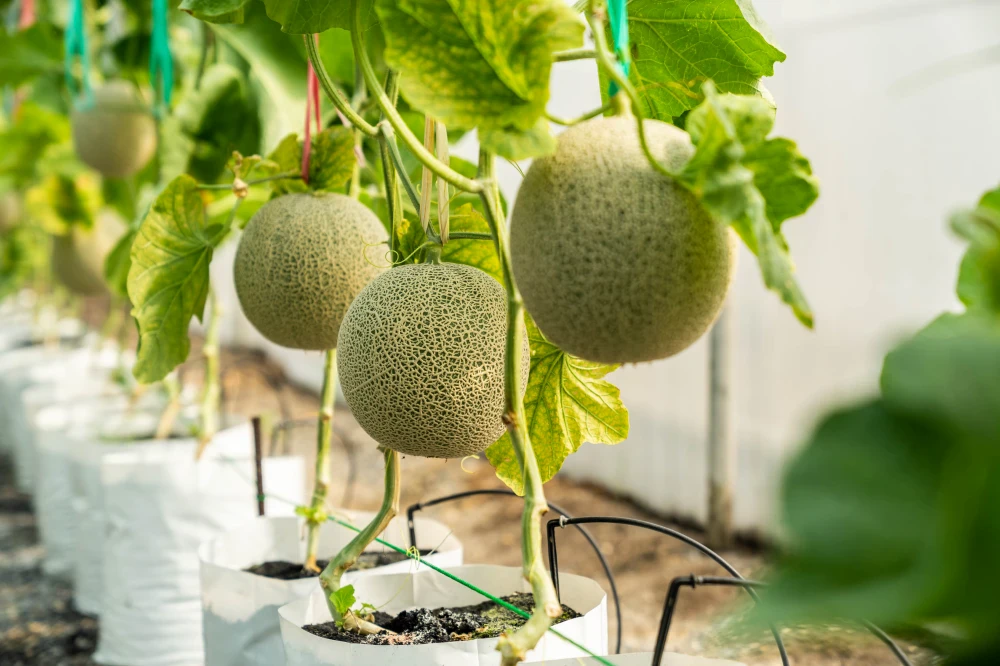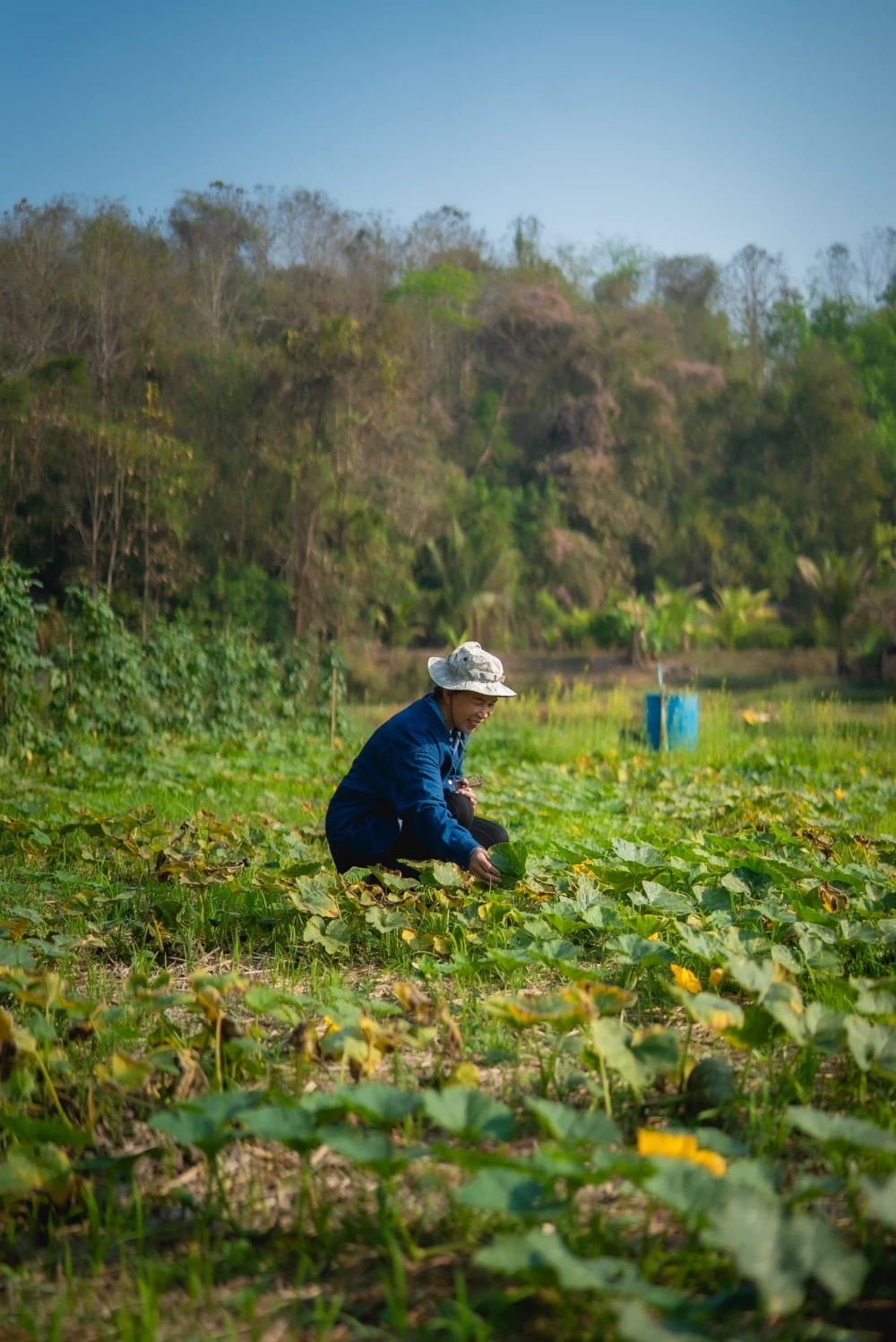Central Tham: Empowering Communities for Sustainable Growth, Elevating Local Livelihood, Reducing Inequality, And Driving The Economy While Taking Care Of The Environment

(Bangkok, March 24, 2025) - Driven by the firm belief that “business growth must go hand in hand with balanced social and environmental development”, Central Group continues to drive forward "Central Tham – Better Together”, its flagship sustainability initiative that has been running for over eight years. The initiative aims to foster economic growth, create jobs, and develop society sustainably through six key pillars: Community – Enhancing community potential and promoting local economies, Inclusion – Reducing inequality and ensuring equal access to opportunities, Talent – Developing exceptional human capital, Circularity – Advancing the circular economy, Climate – Restoring and protecting the climate, and Nature – Conserving ecosystems and biodiversity. Through these pillars, Central Group is committed to creating a more equitable, prosperous, and sustainable future for all.
Throughout 2024, "Central Tham" has delivered tangible and impactful results across multiple dimensions, for instance: created jobs and supported employment for over 1,100 people with disabilities, generated over 1.7 billion THB in income for local communities, enhanced the quality of life for more than 150,000 local people, supported and developed 192 schools, expanded green spaces and restored over 19,385 rai of forest, reduced 19,254 tons of food loss and waste, diverted over 43,663 tons of waste from landfills, installed 1,430 electric vehicle (EV) charging stations, and installed solar panels on 215 rooftops, generating 207,176 megawatt-hours of solar energy. All these efforts align with the 17 Sustainable Development Goals (SDGs) of the United Nations, reinforcing Central Group’s commitment to driving meaningful and sustainable progress.
Pichai Chirathivat, Executive Director of Central Group, stated: "Central Tham – Better Together" is Central Group’s long-term sustainability initiative dedicated to creating positive social change. Over the past eight years, we have collaborated with communities to develop and expand projects into learning centers and community-based tourism destinations that continue to thrive. Every step of this journey reflects our pride in hands-on collaboration and co-creation to build a better future. At its core, this initiative drives our organization forward while reinforcing the belief that business growth must go hand in hand with social and environmental development. By fostering collaboration among communities, partners, customers, and employees, we are paving the way for sustainable job creation, career development, and an improved quality of life for all."
2025 Progress of the Four Model Provinces
1. Nan Province
The Bua Yai Organic Agriculture Community Enterprise in Na Noi District, in collaboration with Central Tham and partners like NSTDA, Rajamangala University of Technology Lanna, and local agencies, is revitalizing the local economy through organic farming, reforestation, and the development of GI-registered products like heirloom pumpkin, cocoa, and cashew. These products are now processed and sold at events such as Jing Jai Maha Nakorn 2024, in community outlets, and across Central Group businesses like Tops. In 2024, the project generated THB 10 million in income for 179 households and improved local livelihoods. It also supported agritourism under the "Charming Southern Nan" initiative by the Tourism Authority of Thailand, introducing value-added products like pumpkin crackers and commercial egg farming. Over 7,000 people visited for training and tourism.
Environmental Impact: Constructed check dams and water distribution systems to support 50 households with organic farming, reduce drought risk, lower greenhouse gas emissions, and restore 2,800 rai of watershed forest.
Education & Inclusion: Upgraded Chumchon Ban Oi School with STEM and vocational skills programs, benefiting 586 students and 60 teachers. The initiative also supported employment opportunities for 50 people with disabilities, helping them develop products under the Good Goods brand and establishing a regional vocational learning center to expand long-term livelihood pathways.
2. Ayutthaya Province
In Lat Bua Luang District, the Moo Yai Ruam Jai Phatthana Melon Community Enterprise has achieved remarkable success in cultivating premium melons under the "Smile Melon" brand. In 2024, the group exported over 6.2 tons of melons to Singapore, generating THB 530,400 in revenue. With consistent demand continuing, total export volume is expected to reach 25.2 tons, with cumulative revenue of THB 2 million by 2025.
To support quality production, Central Tham provided funding to establish a GMP-standard packing facility, seven greenhouses, and designed packaging and signage for retail at Tops. The farm has also been developed as a training and learning site, welcoming over 1,200 visitors for agricultural workshops in 2024. It has since evolved into a community-based tourism destination, attracting around 2,000 tourists annually, and generating over THB 17 million in tourism-related income—contributing to sustainable local development. Looking ahead to 2025, the community aims to expand its network of melon growers to nearby provinces such as Chainat, increase monthly exports to Singapore, and establish itself as a model learning center for export-grade melon production.
Environmental Initiatives: The melon farm has implemented a sustainable waste management program by repurposing spoiled melons as chicken feed. Agricultural waste such as rice straw and water hyacinth is also being reused. There are plans to expand these initiatives to additional farming communities and local schools. In parallel, Central Ayutthaya shopping center has adopted comprehensive waste segregation and recycling systems to further promote environmental responsibility.
Education & Social Impact: Wat Nong Mai Sung School received support to enhance student well-being through a sufficiency economy learning base, table tennis training, and efforts to improve overall student welfare. The initiative also expanded vocational promotion for people with disabilities, with a 2025 goal to grow the inclusion network further. One notable effort was the establishment of a handmade crafts community enterprise by parents of children with intellectual disabilities. Central Tham provided funding for materials, product development, and sales under the Good Goods brand, along with dedicated retail space at Central Ayutthaya. In 2024, this initiative generated THB 2 million in income for people with disabilities, with plans to expand the parent-disability enterprise network in 2025 to increase sustainable livelihood opportunities.
3. Chiang Mai Province
Since 2017, Central Tham and the Earth Net Foundation have developed the Maetha Sustainable Living Community in Mae On District as a national model for organic agriculture. The project has improved produce quality, provided packaging and branding support, and developed sales channels, generating THB 14 million for 130 households. The community is now establishing holistic wellness tourism featuring experiences such as "Gastronomic Delight" (food as medicine), "Creative Agriculture" (seed conservation), and "Folk Wisdom & Healing" (traditional therapies). Over 800 participants joined community trainings in 2024.
Environmental & Agricultural Impact: Central Tham implemented waste management initiatives at Jing Jai Market, converting 7.52 tons of organic waste into fertilizer and biogas and recycling 8.74 tons of materials. A new “Waste Management Learning Center” is set to open in 2025 to share best practices. The Forest-Creating Coffee initiative in Mae Chaem has expanded to cover 1,570 rai, and in 2025, the Zero Burning Initiative will officially launch as a long-term strategy to combat PM2.5 pollution. This effort aims to reduce agricultural burning, restore 10,000 rai of land, and transition the region toward a circular economy model.
Education & Social Development: Wat Don Chai School in Mae On District, Chiang Mai, was upgraded with new infrastructure, IT facilities, a library, and a sufficiency economy learning base. The school now integrates vocational skills aligned with Maetha’s organic farming practices, with the goal of becoming a certified organic learning center by 2025. In addition, 22 people with disabilities have been employed in community-driven projects such as Saori weaving, organic agriculture, and recycling initiatives—providing stable and inclusive income opportunities.
4. Chaiyaphum Province
The Thepphana Economic Crop Community Enterprise in Thep Sathit District is one of only seven producers in Thailand cultivating the globally renowned Hass avocado variety. Committed to smart and sustainable agriculture, the community has adopted advanced practices such as solar energy systems, underground water banks, aerated composting, and the cultivation of bioluminescent mushrooms (Sirindhornia) to naturally mitigate plant disease in avocado farming.
In 2024, the initiative generated THB 40 million in income and expanded its network to include 1,000 avocado growers. With support from Central Tham and the provincial office of tourism and sports, the project has also developed into a thriving agritourism destination, featuring two dedicated learning centers that collectively welcomed 14,000 visitors for training and immersive community experiences. Looking ahead, the initiative aims to scale up sustainable green agriculture across 5,000 rai, focusing on high-value crops such as macadamia, durian, and robusta coffee. A biochar and composting facility is also under development to improve soil quality, reduce fertilizer usage, store carbon, maintain moisture, and significantly reduce PM2.5 emissions. The community enterprise is evolving into a Circular Agriculture Learning Center, with integrated biochar and compost production facilities designed to expand training and sustainable farming practices throughout the region. The long-term vision is to establish a national model that fosters green farming networks and enhances long-term economic stability for local farmers.
Education & Inclusion: Ban Rai Pattana School has been developed to serve as a learning center for organic farming, offering agricultural education from kindergarten through lower secondary levels. In collaboration with the local community enterprise, the school promotes avocado cultivation and provides inclusive employment opportunities for people with disabilities through social farming programs that help build skills and generate income. Plans for 2025 include expanding inclusive employment opportunities further. The school is recognized as a model for education and field-based learning in the region. It also plays a key role in uplifting the quality of education across 10 network schools, with a focus on teacher development in English, STEM, and fostering students with strong moral character.
Central Tham believes that heartfelt collaboration is the foundation of sustainable development, one that not only drives a resilient economy but also fosters environmental conservation, supports sustainable agriculture, and promotes the efficient use of natural resources. Above all, it empowers communities to build skills, generate income, and improve their quality of life in the long term.


